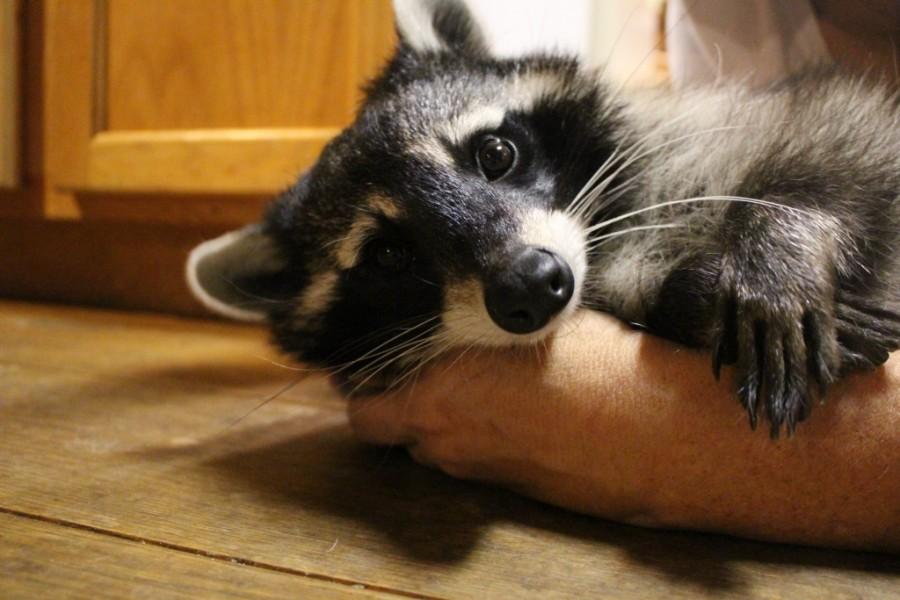Second Chances lends ‘a heart and hand to animals’
October 9, 2014
From bats to opossum babies, giving wildlife a second chance to live. That’s what drives Brigette Williams, the founder of Second Chances Wildlife Center, an organization that rescues injured or sick animals and prepares them to be released into the wild again. This organization uses the work of multiple volunteers to feed and clean the animals.
Williams explained how her organization came about. She said, “We were founded in the very last part of 2009 to early 2010. I had been volunteering at the zoo for 15 years, and I had noticed that there was a niche that needed to be filled. People did not have this service available to them. People, especially children, need to feel a connection to the environment around them in order to make responsible choices for our environment, which includes wildlife.”
Williams said founding Second Chances, located on 10 acres in eastern Louisville, was not easy.
“It still is difficult,” she said. “The initial paperwork was very foreign to me, but we plugged along and accomplished the 501c3 status. We have a great reputation, but we constantly are looking at ways for better fundraising and more visible PR. It’s a struggle to do those things at our current location as it holds us back.”
Williams finds it rewarding “to be able to see wildlife in a different life and to share that with other people — to break down misconceptions people have about wildlife.”
The stressful parts of the job for Williams are raising funds and dealing with animal abuse — “having to raise funds to pay for the animal care, and when people illegally try to keep wildlife and then call me after they have kept it for a while and have almost killed the animal by lack of nutrition and calories.
“Often they slowly starve them to death or aspirate them, and then they bring them to me hoping for a miracle when it’s just too late.”
Brigette said she grows attached to some of the animals they care for. “Some you get more attached to than others. Most of them you can just tell it’s time for them to go. A few of them you’re really glad to see go. We purposefully do not name the animals, so we do not form a bond with them. If we named the animals when we took them in, that would make it more difficult to release them.”
Educating the public is a key goal for Williams. “I think a lot of us have been taught misconceptions about wildlife, so correcting those myths and some of the things we were all taught about wildlife is very important.”
Second Chances stays busy. Williams said in an average week “during peak baby season, we may receive about eight or 10 phone calls a day — 60 or 70 a week.”
Williams said she has learned a great deal from her work with animals. “It has taught me patience –patience with teaching volunteers that aren’t necessarily animal people by background, patience for animals being trained, patience for people that call me for help.
“It has also taught me a lot of emergency medical protocol, and it has taught me love in a different way that I have not experienced before.”
Growth is among the high hopes Williams has for the future of Second Chances.
“I would like to see us on about 20 acres,” she said, “and have a building designed and built specifically for rehabilitation as well as environmental education. It would be a public building where people could come on tours and for various education programs. Students would have the opportunity to do service projects. College students would have opportunities for education, internships, or pre-vet internships, and we would have more space to take in animals. People would know just where to find us when they need us.”
Second Chances can be contacted at
502-228-NEED (6333)
[email protected]


